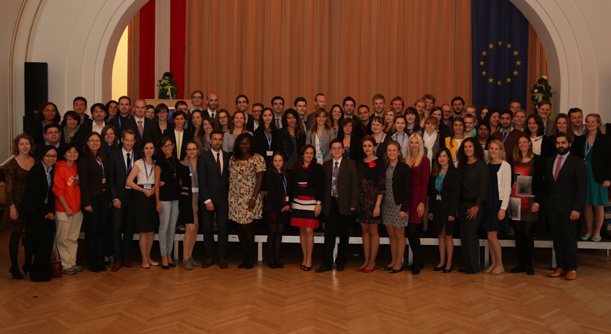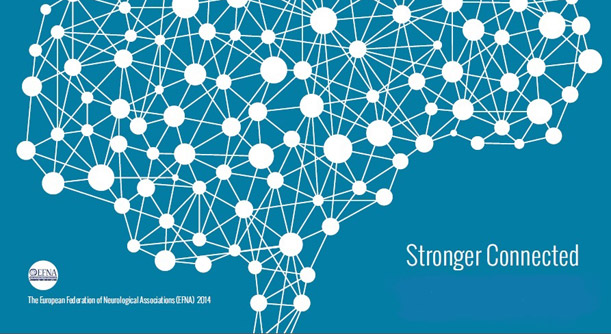Just coming back from the European Health Forum Gastein 2014, I would like to share my experience as a Young Gasteiner. The programme was a great opportunity to come in contact with many young people who are active in public health all over Europe (healthcare professionals, researchers, representatives from NGOs). I learnt a lot from our discussions and I’m happy to be part of this vibrant network, overall as it is the first time that patients’ representatives are involved.
While the whole conference was interesting, what I found the most enlightening is the Cross-Border Healthcare workshop which was held with young gasteiners. We reflected together on many solutions to key issues in the implementation of the directive. My group focused on continuity of care between the home healthcare professional and the doctor visited abroad. We recommended electronic health records with some degree of harmonisation would be a key tool for exchange of information. And empowering patients is also key to ensure the information flows.
Another session that I particularly liked was on Health System Performance, because it is such a prominent topic, and I now grasp the concept and its potential, which will be very helpful for my work. I think this is a key area where patients need to be engaged because the questions of access, patient centred healthcare, and quality of care are at stake.
I heard other interesting ideas at Gastein. Former MEP John Bowis in particular proposed to focus our efforts on the health literacy of decision-makers. And Ilona Kickbush presented the idea of health citizenship which means in a nutshell that citizens have rights in the context of healthcare, and should also have opportunity to take responsibilities.
A part that resonated strongly with me is the speech of Dr Agis Tsouros from the Word Health Organisation who explained that “health is a political choice”. He argued that if we have health inequalities in our society, this comes from decisions made by politicians who can chose to ignore a problem. Working on the question of access within EPF, I know that we will do our best to ensure that decision-makers work towards the right solutions.
I was glad to recognise some fellow patients’ representatives within the ranks of the Young Gasteiners, namely from our membership, Roberta Savli from of the European Federation of Allergy and Airways Diseases Patients’ Associations (EFA), Elisabeth Kasilingam of the European Multiple Sclerosis Platform and Anne-Marie Borg from Malta Health Network . I believe the next step will be to involve young patients with chronic disease themselves, for instance from EPF Youth Group. Patients are experts too, as was acknowledged several times during the conference.

